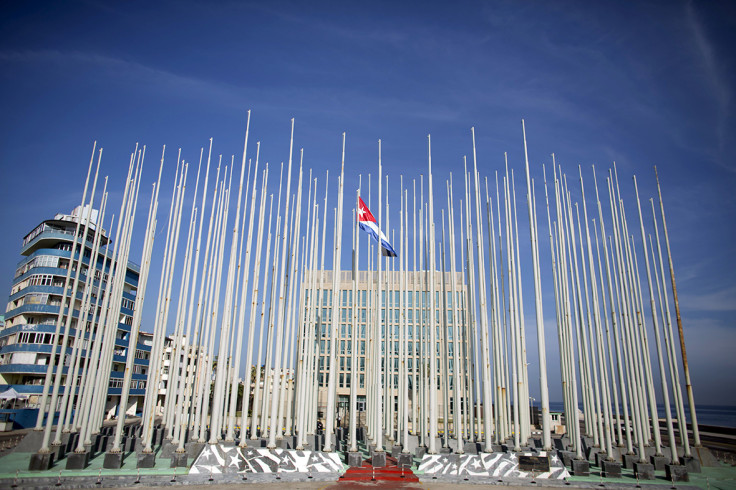Officials pulled from US embassy in Cuba after dozens fall ill from mysterious attack
At least 21 people have suffered various symptoms in the attack.

More than half the staff at the US embassy in Cuba are to be withdrawn after a mysterious attack left officials unwell.
Tourists who are visiting the island have also been warned by the government in Washington to avoid the area.
So far, 21 members of staff at the embassy have reported a variety of symptoms ranging from dizziness to mild brain trauma. A further two Canadians have also been caught up in the illness.
It has been thought that sonic attacks could be responsible for the illnesses, but Cuba has denied any involvement.
Us Secretary of State Rex Tillerson warned that an evaluation is taking place was to whether the Havana-based embassy can remain open.
A US state department official said: "Until the government of Cuba can ensure safety of our people, we will be reduced to emergency personnel."
All non-essential staff along with their families have been told to leave, with only emergency officials remaining in place.
There have been numerous investigations by the FBI, Canadian Police and the Cuban authorities, but none have revealed the cause of the illnesses.
The embassy opened in 2015 after years of diplomatic tensions between the US and Cuba.
Last year, Barack Obama became the first sitting US president since Calvin Coolidge to visit the island.
President Donald Trump announced in June that a partial rollback of the Obama-era Cuba policies would take place.
© Copyright IBTimes 2025. All rights reserved.




















